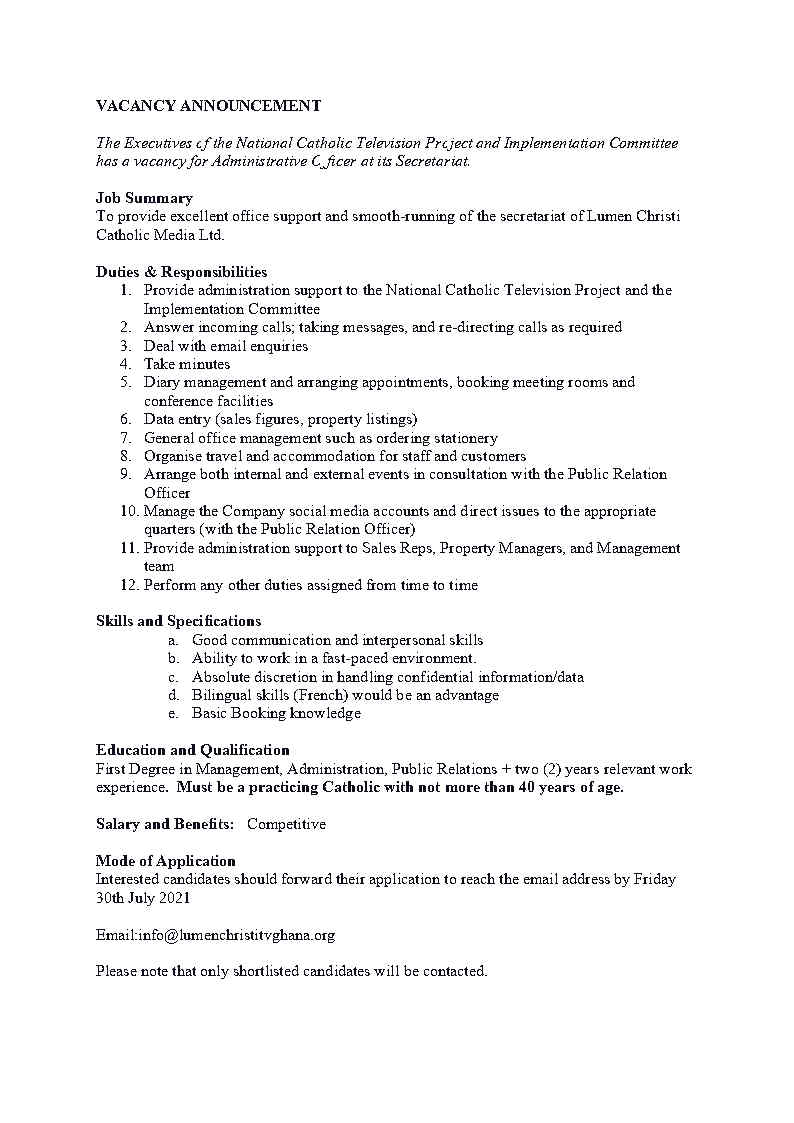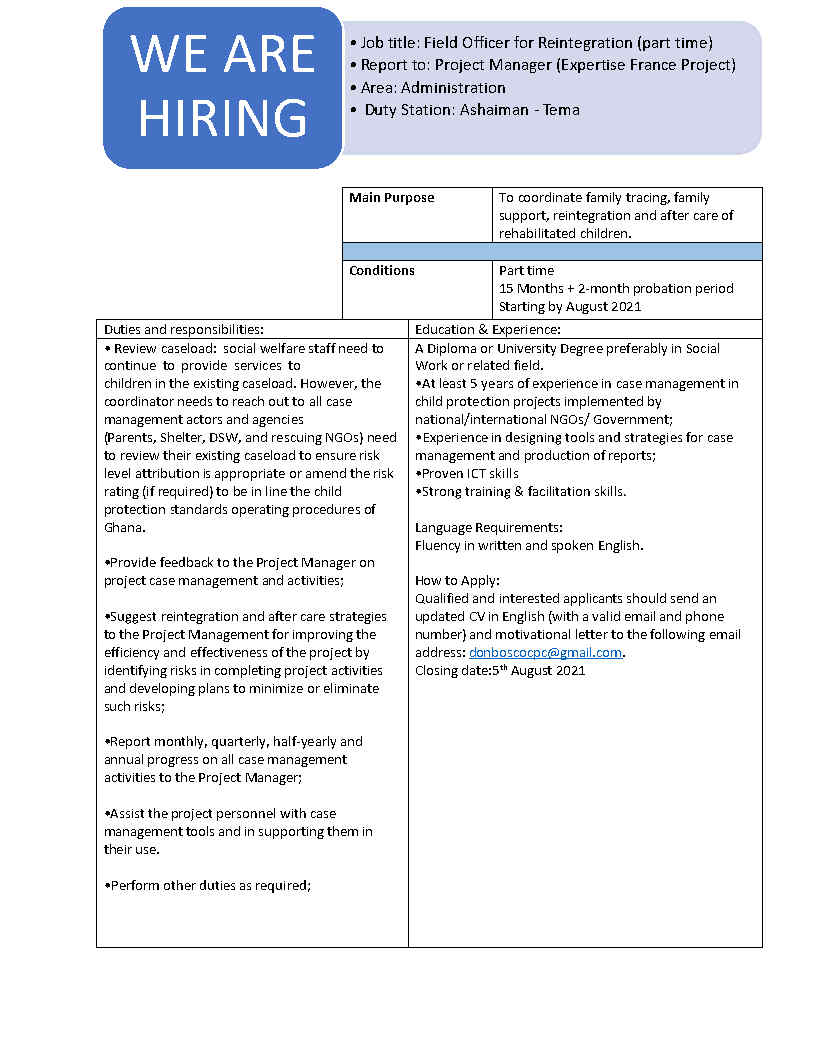Road accidents are not a novelty in Ghana however, what is new is the frightening frequency at which they occur and how deadly they have become.
This assertion was corroborated by Mrs. May Obiri Yeboah, who is currently the Director-General of the National Road Safety Authority (NRSA) on Thursday, May 20, 2021.
She disclosed that a whopping 2,500 people died from road crashes in 2020, while noting that this is the highest figure since 1991.
The National Road Safety Authority has also revealed that 1,000 persons have been victims of road crashes from January to April 2021.
According to the World Health Organisation (WHO) newsletter on road safety published in 2003, road traffic injuries are a deadly scourge, taking the lives of 1.2 million men, women and children around the world each year. Again, thousands of road users get injured on a daily basis, with some becoming permanently disabled.
A statement from the NRSA last year indicated that road crashes and its resultant fatalities and injuries have reduced within the first five months.
“Provisional statistics on road traffic crashes from January to May, 2020 indicates that a total of 5,465 crashes involving 9,163 vehicles were recorded resulting in 958 incidents of pedestrian knockdowns, 909 fatalities and 5,703 injuries”. This represents a decline by 14% compared to 2019 figures for the same period.
Contrary to this, the number of road-related casualties for 2021 surpassed the total Covid-19 casualties since Ghana recorded its first cases in March 2020 according to the MTTD of the Ghana Police.
Myjoyonline.com reported that as of the April 3, 2021, the Ghana Health Service put the mortality rate of the Coronavirus at 752, while the road traffic accidents led with 771 deaths.
In case you are wondering why all these statistics, I’m just painting a grim picture of the negative impact of road crashes to wake us all from our slumber so a decisive action is taken to curb this growing menace.
Road crashes are fast becoming a neglected epidemic which would explode in our faces should we fail to take the necessary precautions. Aside the fatal injuries and disability resulting from road traffic crashes, it puts a significant strain on our economies, typically consuming between 1 and 3 percent of a country’s gross national product per annum (UN, 2003).
They disproportionately affect the poor in developing countries, where the majority of road crash victims are vulnerable road users like pedestrians, cyclists, children, and passengers (Gyimah, 2020). Whilst road traffic accident rates are generally improving in high-income economies, many developing countries in Africa and Asia face a worsening situation (DETR, 1999).
Major causes of road accidents
They say to tackle a problem, one must attack it from its root; thus, to end the carnage on our roads, we must tackle the root causes.
The major contributing factors to road crashes according to a 2020 study by Nathaniel Gyimah have been identified as follows: poor nature of roads, faulty vehicles, stress, unskilled drivers, inadequate road signs, inefficient MTTD personnel, speeding, lack of education and drunkennes.
Another disturbing cause is fatigue-driving especially when drivers drive for long hours non-stop. Most of them fall asleep behind the wheel and lose focus as in the case of the Accra-Tema tollbooth accident on July 12, 2021.
Others include reckless driving, violation of traffic rules, failure to understand signs, pedestrian carelessness, illiteracy, crossing at wrong ends, jaywalking, brake failure, potholes. Weather conditions such as fog during harmattan, heavy rainfalls can’t be overlooked.
Curbing road traffic crashes
Based on the above findings, it is necessary to adopt the recommendations below to drastically reduce, if not completely curb, road accidents and its attendant effects.
We must continuously educate the general public – both drivers and pedestrians – to avoid indiscipline on the road. Education is key because if we fail to underatand that we have a huge problem impacting us negatively, we shall not be moved into action. Sensitization must not be limited to only the media or remain one time event but must be comprehensive involving driver unions and other stakeholders.
The MTTD should arrest and prosecute drivers who flout the rules. This is where technology can be deployed such as use of speed guns and CCTV cameras to catch drivers who over speed or drive recklessly. Where necessary, spot fines and revocation of driver licenses to deter other culprits.
The roads ministry should ensure all roads are constructed to the required standards with regular maintenance. All roads must have proper street lighting, signs and road markings, where these are lacking, citizens must hold leaders to account.
We must make it compulsory for long journey buses to gave two drivers to avoid fatigu-driving. Again drivers should be encouraged to have enough rest before traveling long distances.
Passengers should be empowered to arrest or report drivers who over speed, overtake recklessly, drink or flout road traffic regulations to authorities for further action.
Also, drivers should be focused when driving, and avoid all distractions such as mobile phones or chatting with passengers.
Both drivers and professionals should make it a habit to conduct checks on vehicles to identify and fix any defects to avoid brake failures or burst tyres that can potentially lead to accidents.
Adherence to road safety regulations by both pedestrians and drivers cannot be overemphasized.
Finally, we must not ignore science and research which will enable us design local solutions to suit our socio-political, and economic environment
Arguably, road accidents are not entirely inevitable but can be drastically reduced to protect poor people, who are predominantly affected by road traffic crashes since it is the cheapest means of transport in Ghana.
In conclusion, the scars and horrid experiences victims of road crashes live with must be a wake up call to all stakeholders to rise up and address the problems associated with road accidents.





